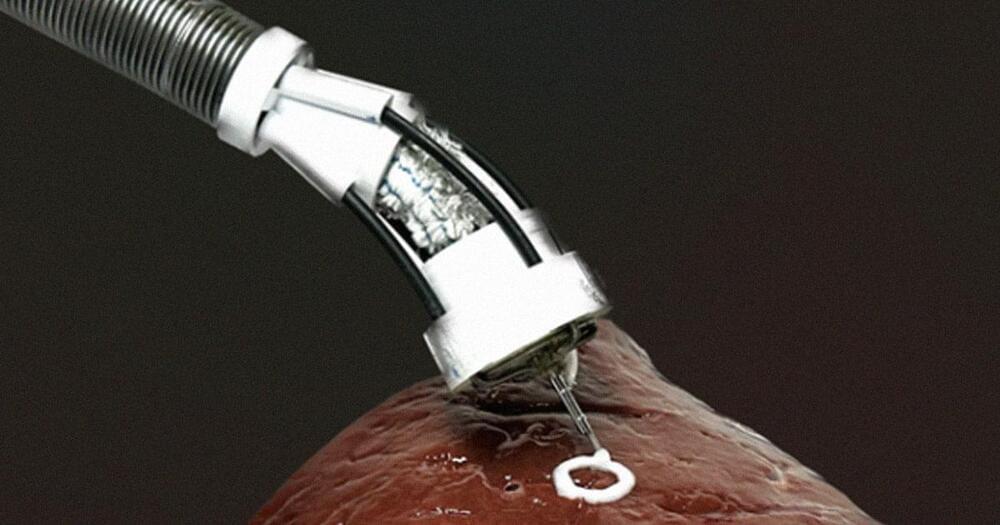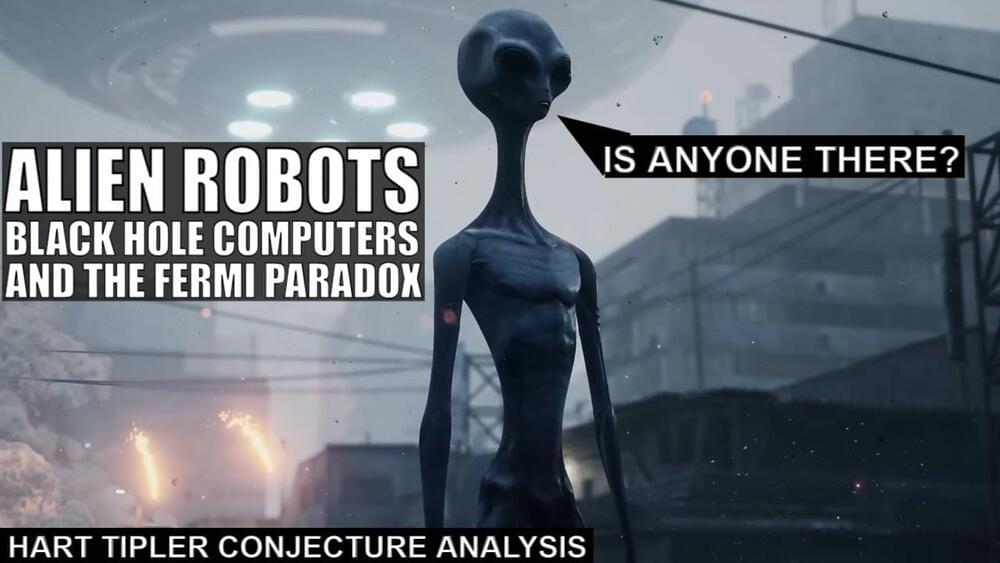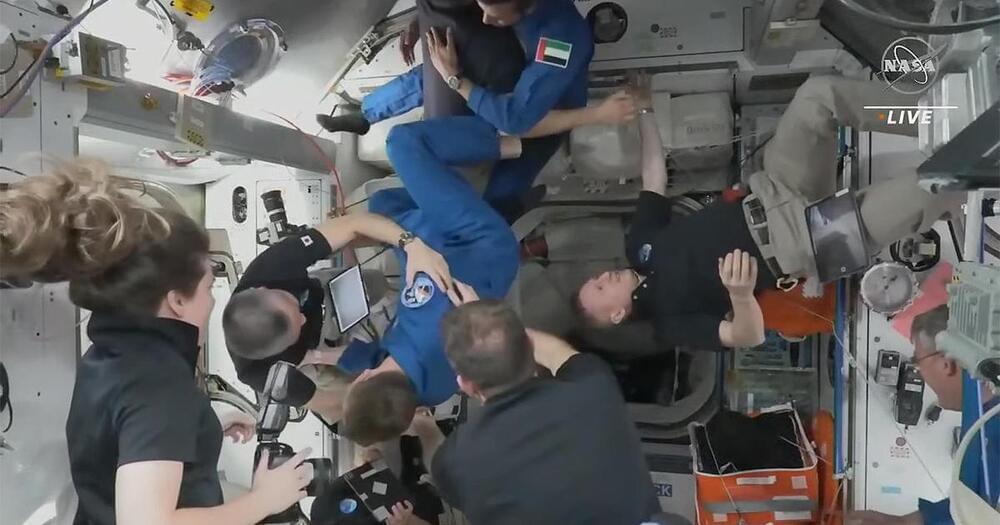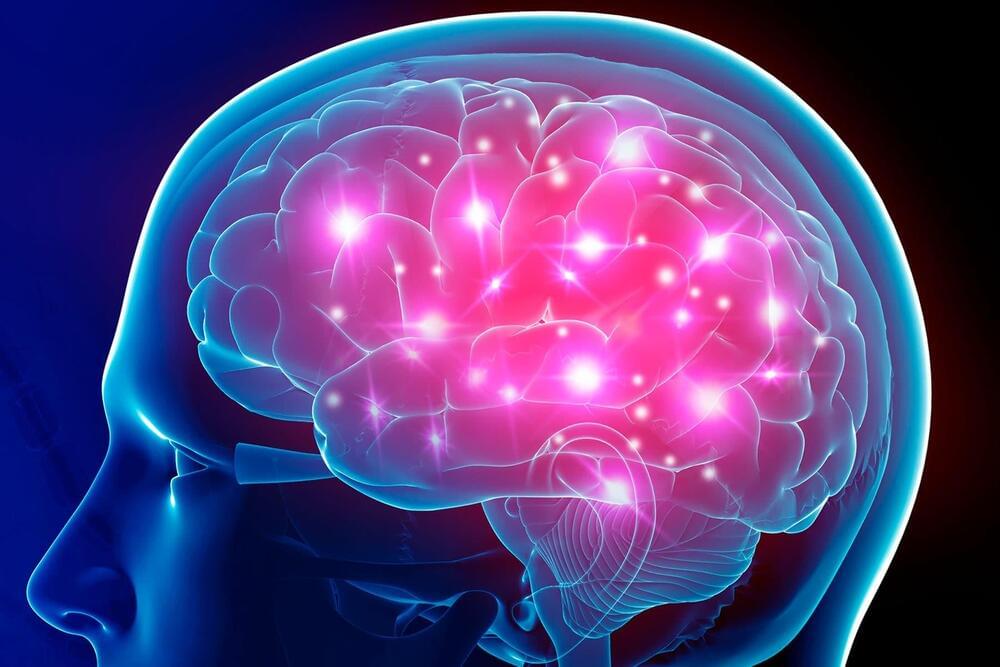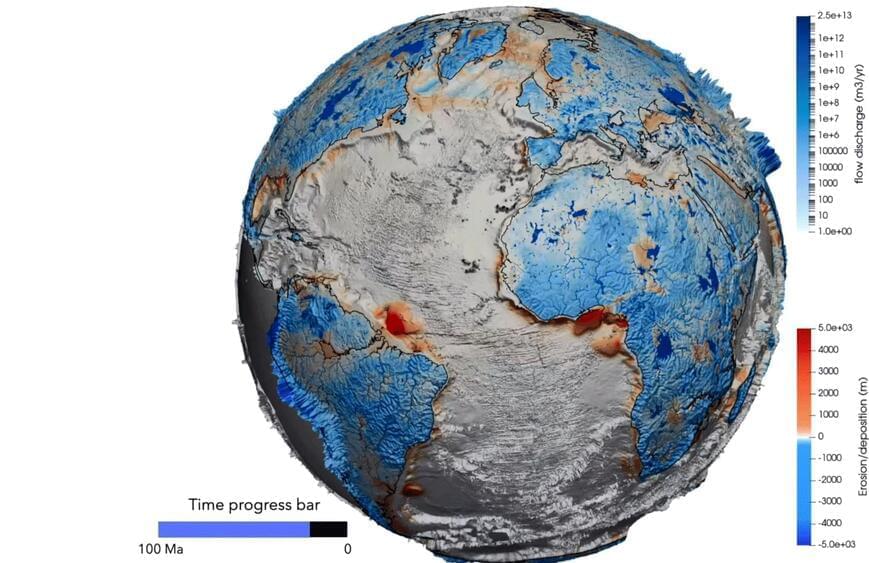Mar 3, 2023
Scientists Say They’ve Devised a Way to 3D Print Inside the Human Body
Posted by Shane Hinshaw in categories: 3D printing, biotech/medical, robotics/AI
A team of engineers at the University of New South Wales in Sydney, Australia, has developed a tiny, flexible robotic arm that’s designed to 3D print material directly on the surface of organs inside a living person’s body.
The futuristic device acts just like an endoscope and can snake its way into a specific location inside the patient’s body to deliver layers of special biomaterial to reconstruct tissue, clean up wounds, and even make precise incisions — an amazing jack-of-all-trades they say could revolutionize certain types of surgery.
